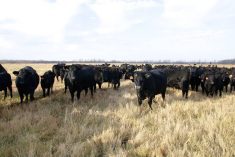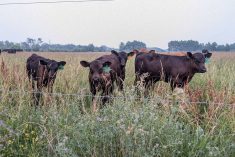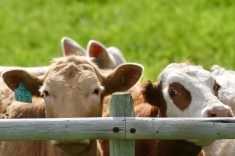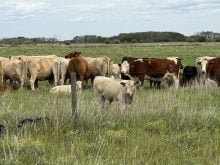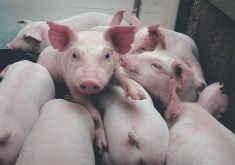A major shipment of Canadian beef and dairy heifers is expected to leave for Russia by mid-May, the first to be exported to that country since BSE closed borders to trade in 2003.
A cattle selection team crisscrossed the country to gather 1,000 registered Black Angus and 1,000 dairy heifers, said Gary Smith of Alta Exports International in Calgary. All are breeding stock and will be bred artificially or naturally in Russia. The Angus are going to one farm.
Time has been of the essence to fill the Russian contract.
Read Also
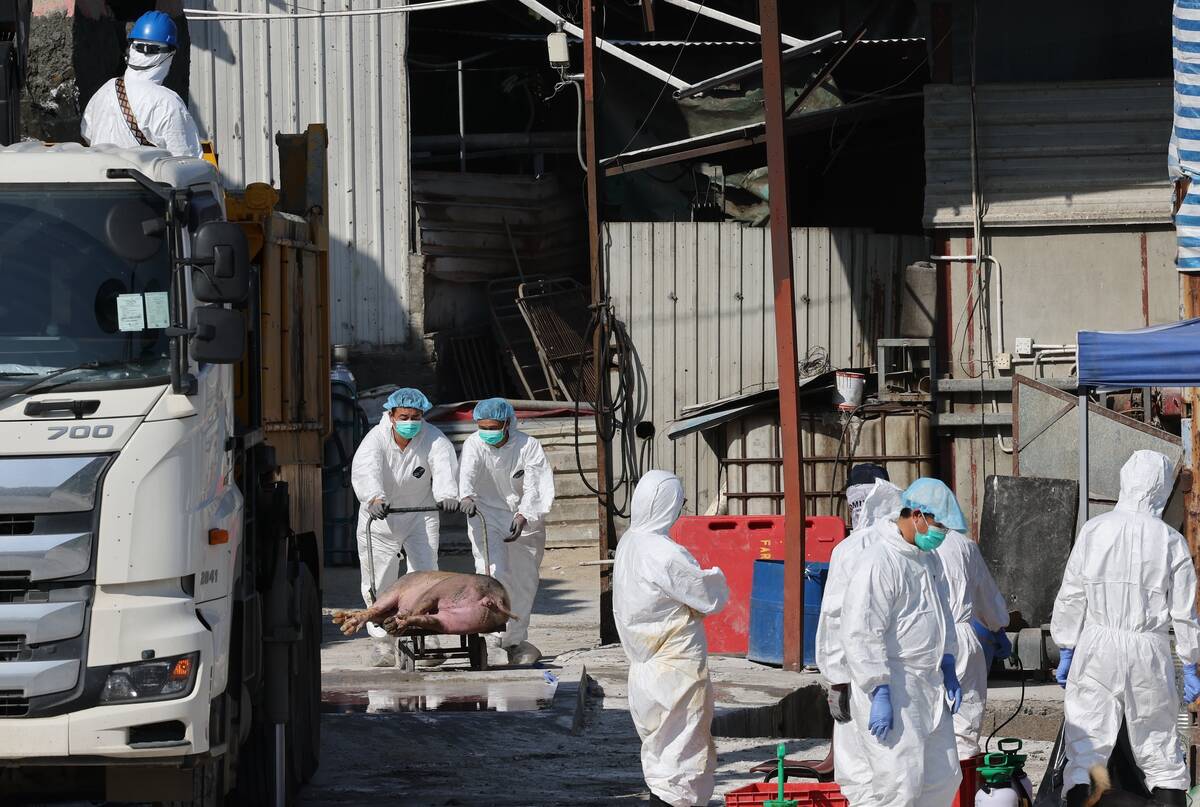
Mixed results on new African swine fever vaccine
The new African swine fever vaccine still has issues, but also gave researchers insight into how virus strain impacts protection against the deadly pig disease.
“This has been a real roller coaster,” Smith said.
“Friday night (March 23) the last bit of details on the health certificates were approved so this has all happened quickly.”
Selections came from Ontario, Manitoba, Saskatchewan and Alberta. The cattle will be quarantined for 21 days and must meet health requirements agreed to by the Canadian Food Inspection Agency and Russian authorities.
They must be free of tuberculosis, brucellosis and leucosis and be vaccinated for infectious bovine rhinotreachitis, bovine viral diarrhea and bovine respiratory syncytial virus.
All animals must have been born in Canada with proper individual identification and come from farms where BSE has never been reported and where no other livestock other than cattle are present to avoid the possibility of cross contamination of feeds.
The next leg of the journey is to Montreal where they will be loaded on a specially designed ship Smith describes as “a floating feedlot.” A veterinarian and technician will accompany the cattle on the 14 to 17 day voyage.
“They actually gain weight. They do well on board,” Smith said.
One roadblock has been persuading Canada to grant visas for Russian officials to come to Canada and approve the cattle to ensure all import requirements are met. They were told visas may take 15 working days.
“This is the biggest cattle thing and the best news the Canadian cattle guys have had in years, and it would be a little ridiculous if a clerk in the embassy stopped it,” Smith said.
Three years ago Alta Exports targeted 14 breeders and industry leaders and did a series of seminars in Russia to talk about what Canada has to offer. This deal grew out of that initial outreach program.
In the last 16 months, Smith’s company has sold 10,000 embryos to Russia and other deals are pending for cattle and more genetic material.
Animal shipments are gradually resuming as more countries ratify agreements with Canada.
A shipment of Holstein heifers landed in Barbados last month.
To date, 11 countries and one territory accept Canadian cattle.
For its efforts in the cattle export business, Alta Exports was one of four Canadian companies nominated as exporter of the year for demonstrating excellence in international food markets. The award was presented during the international food show, SIAL, held in Montreal March 28.
“We didn’t win, but just getting nominated was pretty special,” Smith said.




